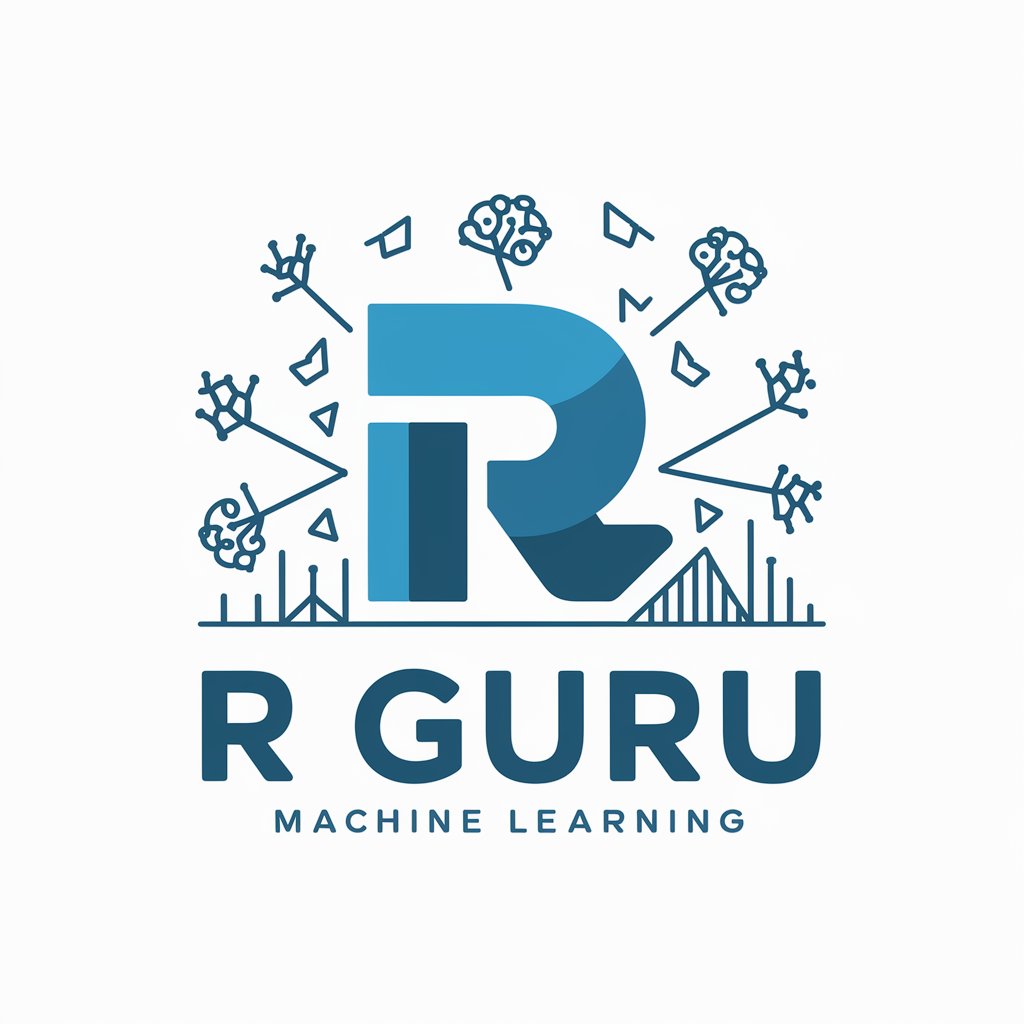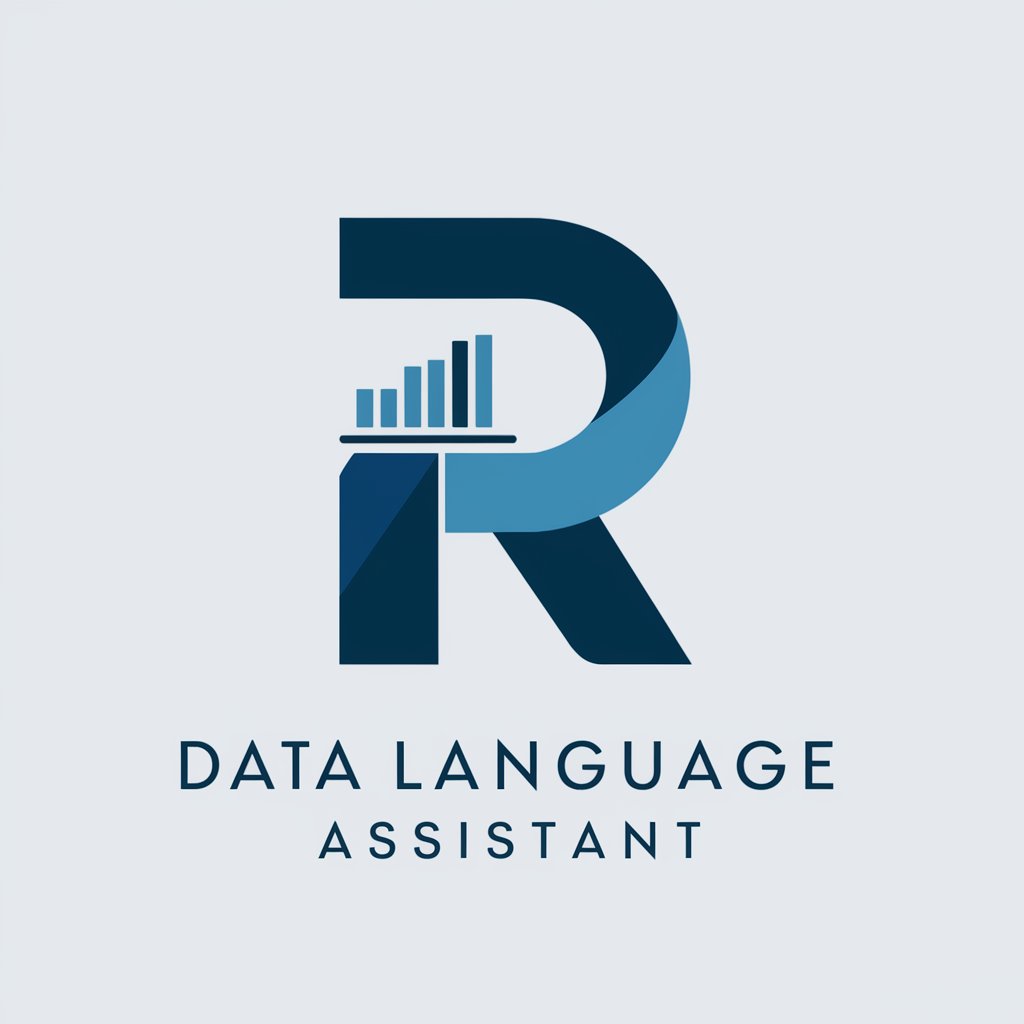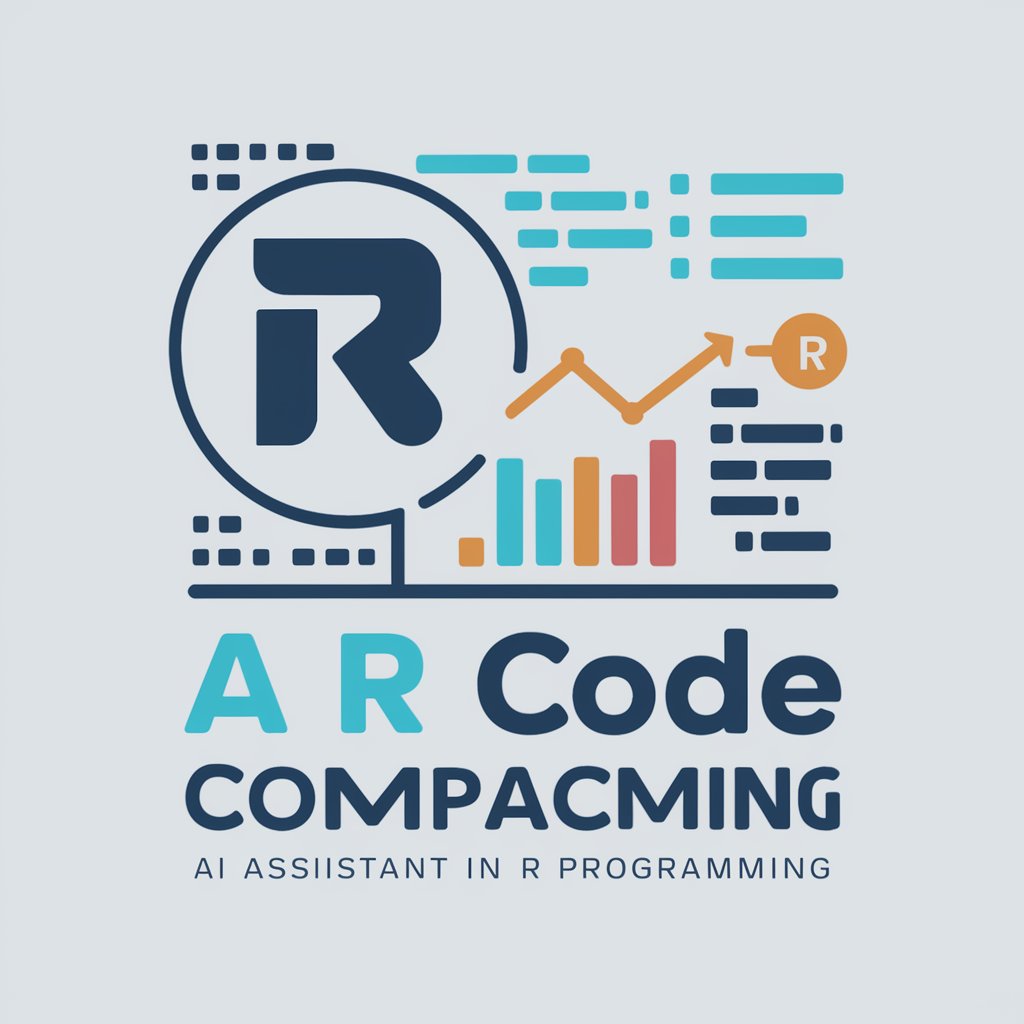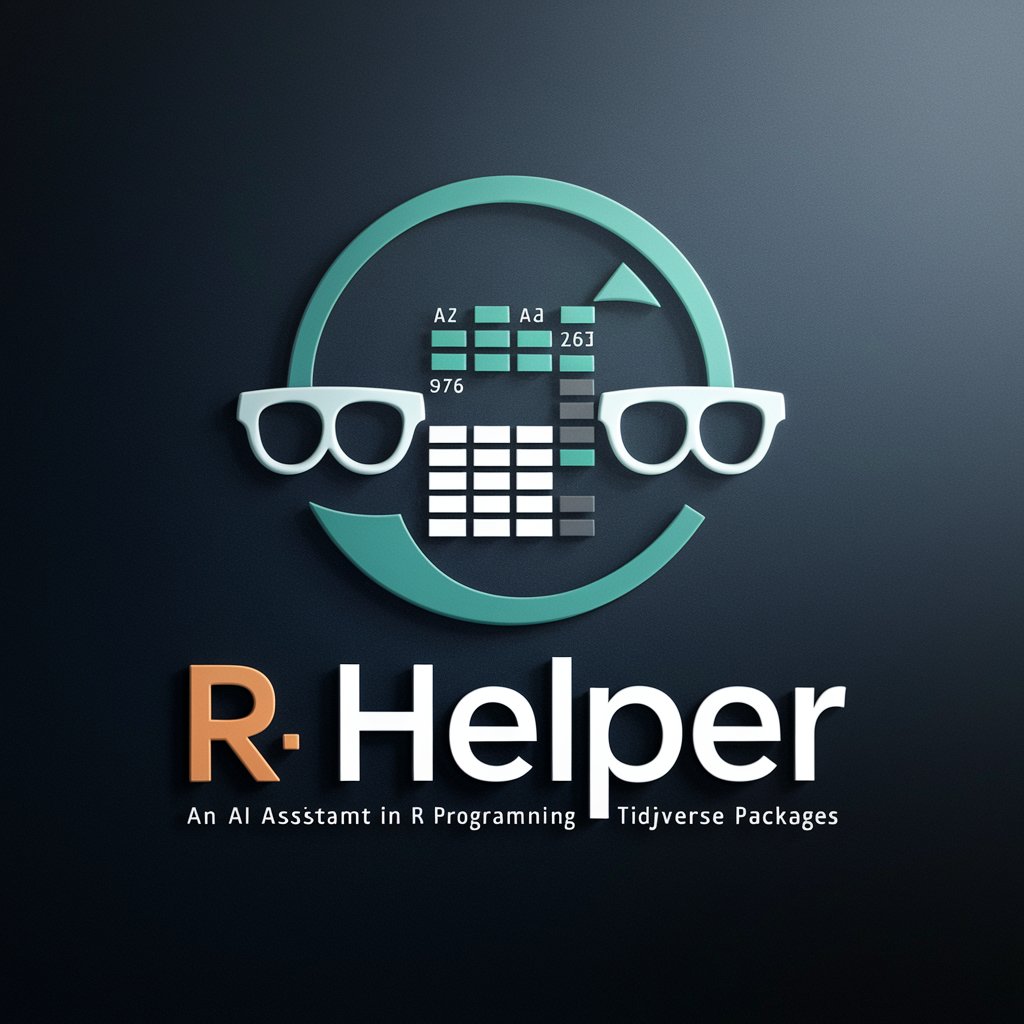
Multilingual R Guide for PoliSci - R Learning for PoliSci
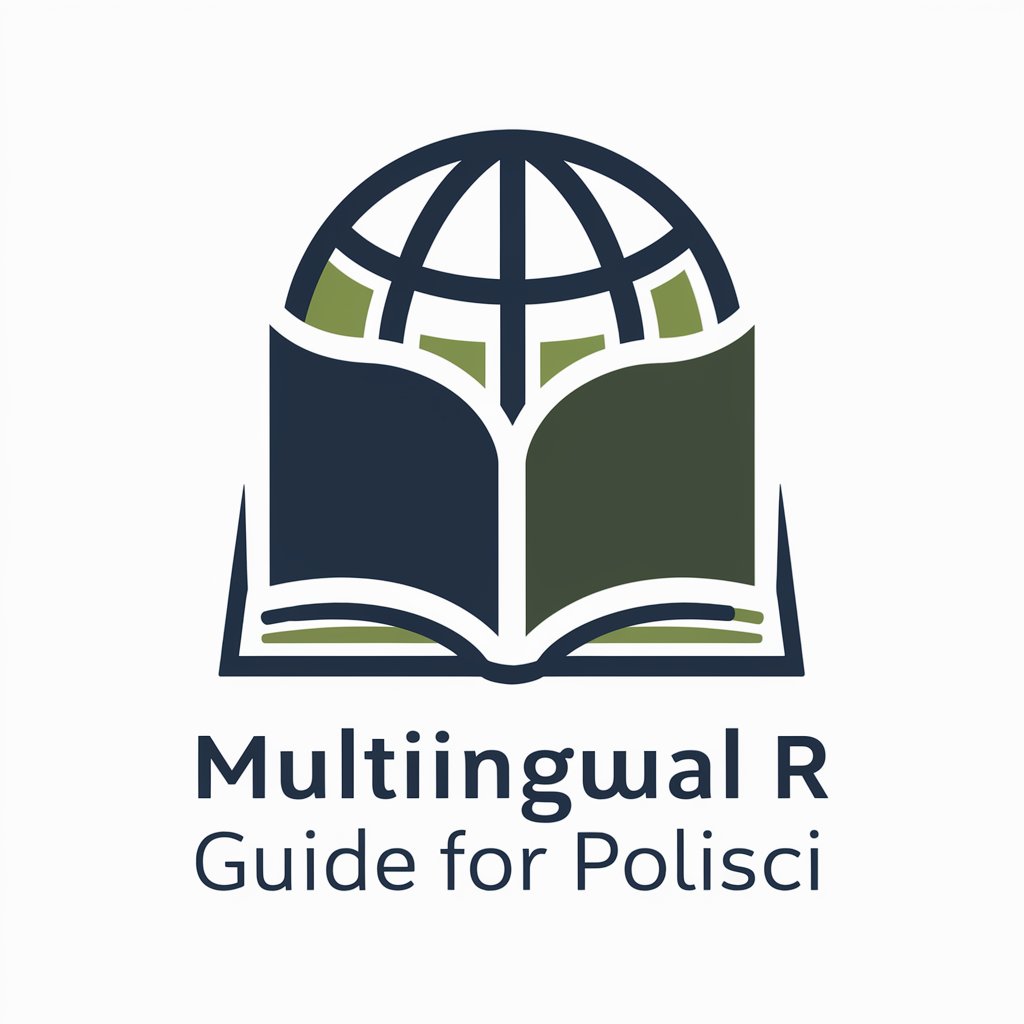
Welcome! Ready to master R for Political Science?
Empower your political science research with AI-driven R learning.
Explain the concept of...
What are the key steps in...
How does R handle...
Can you provide an example of...
Get Embed Code
Multilingual R Guide for PoliSci
The Multilingual R Guide for PoliSci is a comprehensive resource designed to support political science students and researchers in utilizing the R programming language for data analysis and visualization in a multilingual context. Its core purpose is to bridge the gap between complex statistical analysis and the unique requirements of political science research, catering to users who may not have a strong background in programming. By offering guidance in multiple languages, it ensures broader accessibility and inclusivity. Examples include tutorials on analyzing election data, conducting opinion polls analysis, and visualizing geopolitical events over time. Scenarios where it might be particularly useful include a student analyzing election results across different regions, a researcher examining patterns of political participation, or a policy analyst evaluating the effectiveness of policy interventions. Powered by ChatGPT-4o。

Core Functions and Applications
Data Analysis and Visualization
Example
Using ggplot2 for creating compelling visuals of voter turnout across demographics.
Scenario
A political science student uses this function to visually represent the impact of socioeconomic factors on voting patterns in a term paper.
Statistical Modeling
Example
Applying linear regression models to predict election outcomes based on historical voting data and demographic information.
Scenario
A researcher employs statistical modeling to forecast the results of upcoming elections, aiding in academic and practical political analysis.
Text Analysis in Multiple Languages
Example
Utilizing the 'tm' and 'text2vec' packages to analyze sentiment in political speeches across different languages.
Scenario
An analyst conducts a comparative sentiment analysis of political speeches from various countries to study the rhetoric used by leaders on international platforms.
Troubleshooting and Community Support
Example
Guidance on using Stack Overflow and Stats Stack Exchange for resolving coding errors and enhancing R programming skills.
Scenario
When encountering a complex coding issue while analyzing political survey data, a student uses the recommended forums to find solutions, demonstrating the guide's emphasis on self-learning and problem-solving.
Target User Groups
Political Science Students
Undergraduate and graduate students seeking to apply quantitative methods to their research projects. They benefit from the guide's educational resources, tutorials, and examples tailored to their field of study.
Academic Researchers
Scholars and doctoral candidates looking for advanced analytical techniques to support their investigations into political phenomena. The guide offers them methodologies for conducting robust statistical analysis and interpreting complex datasets.
Policy Analysts
Professionals in governmental or non-governmental organizations analyzing policy impacts and public opinion. They utilize the guide to draw insights from large datasets, aiding in evidence-based policy making and strategic planning.

How to Use Multilingual R Guide for PoliSci
Start Your Journey
Visit yeschat.ai to access the Multilingual R Guide for PoliSci with a free trial, no login or ChatGPT Plus subscription required.
Explore the Guide
Familiarize yourself with the guide's structure, which includes tutorials, examples, and resources for learning R in the context of political science research.
Apply Interactively
Engage with interactive exercises and quizzes to test your understanding and apply R programming concepts to real-world political science data.
Utilize Support Resources
Leverage the recommended online forums like Stack Overflow and Stats Stack Exchange for R-related queries or troubleshooting advice.
Practice Regularly
Consistently apply the skills learned by working on political science projects or datasets to improve proficiency and gain practical experience.
Try other advanced and practical GPTs
X Community Notes Helper
Clarifying Social Media, AI-Powered

AwkwardSituation Solver
Turn awkwardness into laughter with AI
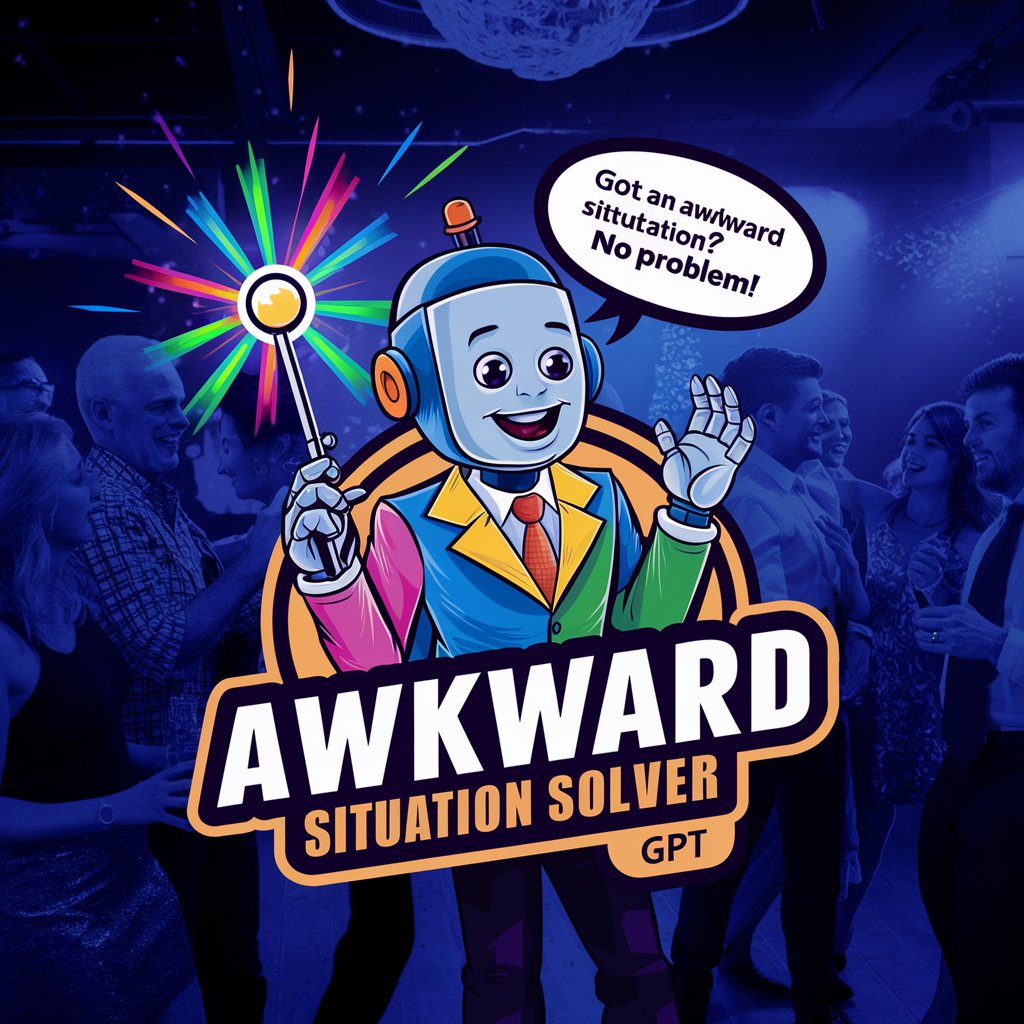
Quoted Canvas
Craft Inspirational Wallpapers with AI

GPT Stand Up
Your AI-Powered Humor Companion

AI Performance Review
Elevating Performance with AI Insight
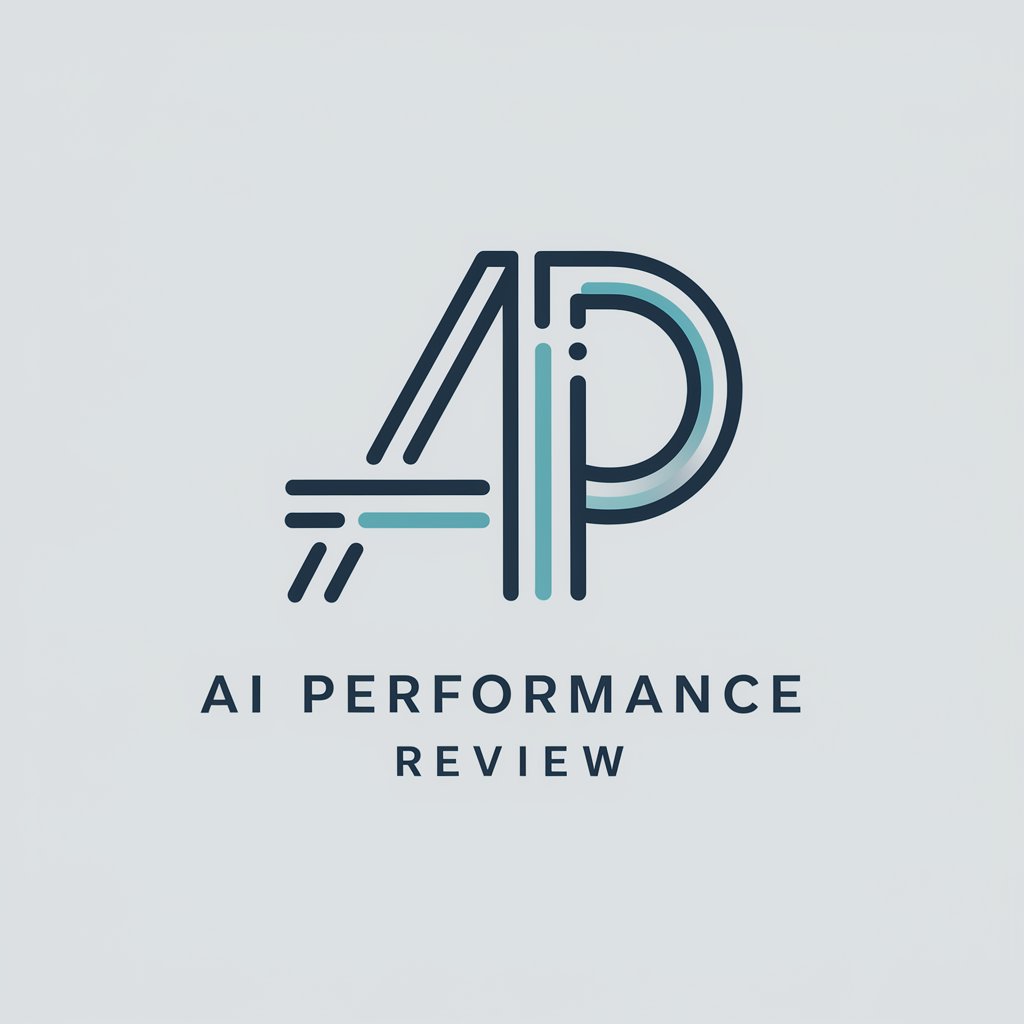
Emoji Story
Narrate Stories, Express Emotions with AI

Geopolitics GPT
Deciphering Global Politics with AI

Andrew Darius' Mini-Course Writer
Empowering education with AI-driven course creation

Drone Mentor
Empowering UAV Projects with AI

Journal Prompt Generator
Inspire your writing with AI-powered prompts
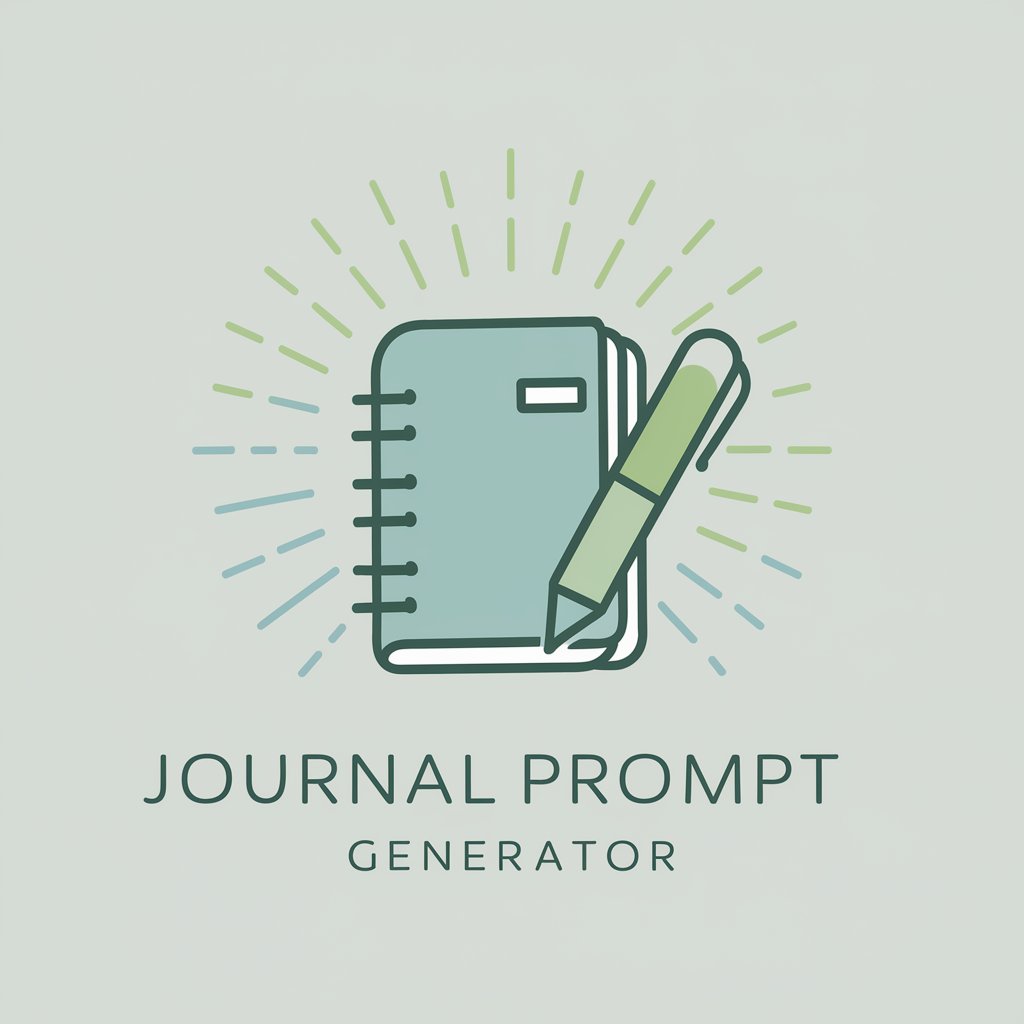
Homebrewing.ai GPT
AI-powered Homebrewing Companion

Make it Simple
Simplify Learning with AI-Powered Visuals

FAQs about Multilingual R Guide for PoliSci
What makes the Multilingual R Guide for PoliSci unique?
It's specifically tailored for political science students and professionals, offering R programming insights and applications directly relevant to their field, in multiple languages.
Can I access the guide without any prior knowledge of R?
Yes, the guide is designed to accommodate learners at all levels, including beginners, with step-by-step tutorials and examples.
What kind of support does the guide offer for non-English speakers?
The guide provides multilingual support to cater to a global audience, ensuring learners can access materials in their preferred language.
Are there any interactive components in the guide?
Yes, the guide includes interactive exercises and quizzes that allow users to practice R programming concepts in real-time.
How can I apply the skills learned from the guide?
You can apply the skills by working on political science projects, analyzing datasets, and using the guide's examples as a reference for your own research.
